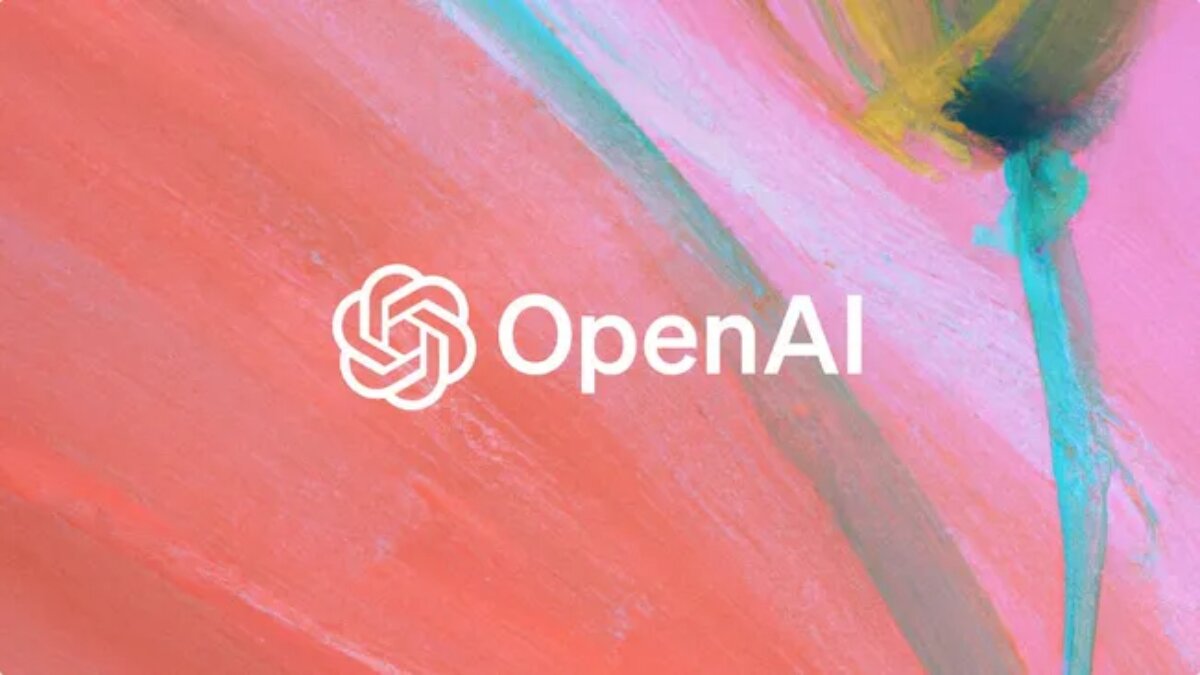OpenAI has rolled out CriticGPT, a cutting-edge tool designed to improve the utility of generative AI by identifying errors in ChatGPT code outputs. Powered by GPT-4, CriticGPT boasts a 60% success rate in surpassing unassisted efforts, demonstrating its capacity to augment human performance in code review tasks rather than supplanting human workers outright.
This initiative marks OpenAI’s commitment to refining the ‘Reinforcement Learning from Human Feedback’ (RLHF) process, aimed at bolstering the quality and reliability of AI systems.
OpenAI’s latest move integrates CriticGPT into its GPT-4 series, pivotal for public versions of ChatGPT, which heavily rely on RLHF to ensure outputs are dependable and interactive. Traditionally, this process relied on manual human review by AI trainers, who rated ChatGPT responses to enhance model performance.
With the introduction of CriticGPT, OpenAI now automates the critique of ChatGPT’s responses, addressing concerns about the chatbot outpacing human trainers’ capabilities. Trained through feedback from intentionally flawed ChatGPT-generated code, CriticGPT proved promising, with trainers favoring its critiques 63% of the time. It excels in reducing nitpicking and hallucinations in AI-generated content.
However, the project acknowledges limitations, emphasizing that AI-human collaboration remains more effective than AI alone.
In its announcement, OpenAI summarized, “CriticGPT’s suggestions aren’t always flawless, but they significantly enhance trainers’ ability to identify issues in model-generated responses compared to unaided methods.” The company also recognizes the complexity of errors spanning multiple facets of an answer, posing challenges for AI tools in pinpointing root causes.
Looking forward, OpenAI plans to expand CriticGPT’s capabilities and integrate it more broadly into operational practices, underscoring its ongoing commitment to advancing AI development.


